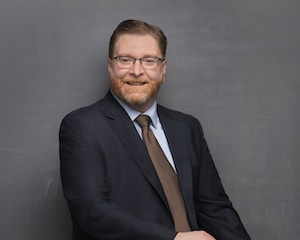Who Is Teaching Our Children?

- Written by Duffee + Eitzen Administrator
- Categorised Education
Who is Teaching Our Children? By George Shake
Texas schools are preparing to welcome many students back for in-person instruction. Inevitably, we will all be reading the media reports of students and teachers who test positive for COVID-19. With that will come various schools closing for two weeks or more. What we will hear less about, though, is teachers who are required to quarantine while online classes and in-person instruction continue. Schools are recruiting substitute teachers all over Texas right now in anticipation of this and other needs that will arise. Substitutes will be a huge help in screening staff and students entering buildings and cleaning equipment and materials. However, they will also be called upon to step into real and virtual classrooms when teachers are not available. Substitutes have always been a part of schools. But now they will be more visible on Zoom, and so might their shortcomings. In many schools substitute teachers are not required to have college degrees, let alone have any specialty in the subject or grade level they are teaching on any given day. Zoom instruction with children takes yet another set of skills that teachers must master. Substitutes may not be ready to meet this challenge. Additionally, a classroom teacher works hard to understand the unique needs of children that are English-Language-Learners, have disabilities, and are talented and gifted. A last minute substitute teacher rarely has the time to review a brief description of these students’ needs before beginning instruction. Parents are encouraged to monitor the frequency of the appearance of substitutes in their children’s classes and the quality of instruction those substitutes provide. An email to the school principal might be necessary if your child’s instruction is not what it should be.
George Shake, a partner with Duffee + Eitzen, L.L.P., has been practicing law in the Dallas/Fort Worth area since graduating from the Southern Methodist University Dedman School of Law. He practices family law and special education law. George received undergraduate degrees in English Literature and Business from the City University of New York. George received a Master’s degree in School Psychology from the University of North Texas and became licensed to practice school psychology.
He worked with families directly for several years, assessing children and helping parents and schools to create educational programs for those children. George developed specialties in ADHD and Autism and has participated in countless special education meetings, discipline meetings, and teacher conferences. He has held administrative positions in several local public schools. He has written policies and trained school personnel to comply with federal and state regulations for serving children with special needs.George has been working on behalf of individuals with disabilities for twenty-five years and training professionals throughout the Dallas area for fifteen years. George’s work in family law often involves families with children with disabilities.


Contact Us